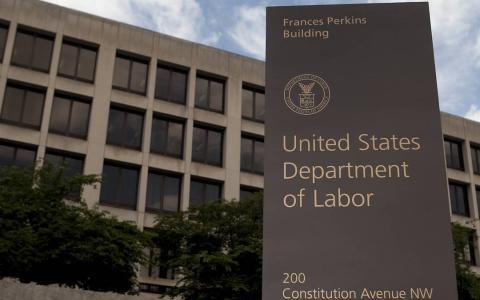
The Department of Labor issued a notice of administrative action in one of the pending industry lawsuits against the Obama-era fiduciary rule: an extension of the transition period and delay of the applicability date until July 1, 2019 for three main exemptions to the rule. That’s pushing enforcement out another 18 months. It could mean the private right to sue for investors wronged by retirement advisors will be abandoned altogether.
The DOL submitted the delay (as proposed amendments to the rule) to the OMB for review, but it’s essentially a given.
The delay isn’t a surprise, but it’s a blow to consumer advocates who say the rule is necessary to protect investors from conflicted retirement advice. Industry players continue to fight the rule, arguing that it will limit investors’ options. The Investment Company Institute, for one, pushed for a delay until 2020.
Under the fiduciary rule, any advisor getting paid to provide individualized retirement advice (what assets to purchase or sell, or whether to roll over a 401(k) plan balance into an Individual Retirement Account, for example), would be a fiduciary and have to put clients’ interests first.
In its most recent comments to the DOL, the Investment Company Institute is calling for the DOL to abandon its use of contractual warranties and private rights of action, and end its reliance on the plaintiffs’ bar as a means of enforcement. Instead it endorses SEC and FINRA examination and enforcement.
The basic provisions of the fiduciary rule kicked in June 9—and it’s likely here to stay. But its impact could be significantly reduced over the next few years if exemptions from the rule are significantly expanded, notes Professor Jamie Hopkins, Retirement Income Program Co-Director at the American College. “That requires close attention and watching moving forward,” he says.



